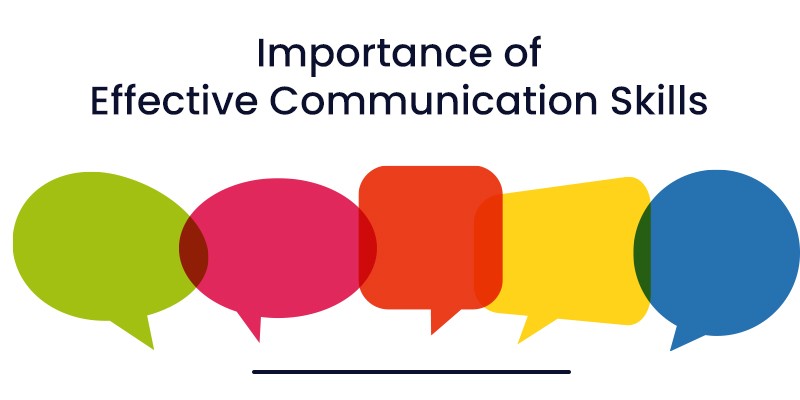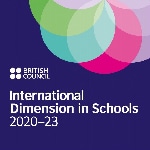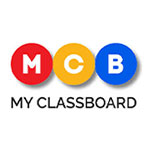Good communication is one of the most important life skills to cultivate. Communication is described as the conveyance of information in order to develop improved understanding. Communication skills are the talents you supply when sharing or receiving various types of information. It helps people to understand others and to be understood. These include, but are not limited to, successfully conveying ideas to others, actively listening in dialogues, offering and accepting constructive criticism, and delivering and receiving public speaking. In this blog, we will see what communication skills, Types, the Importance of effective communication skills and more are…
What are communication skills?
Communication abilities are the abilities you use to deliver and receive information. Listening, speaking, watching, and empathy are all critical factors in these talents. Possibilities include expressing new ideas, sentiments, or updates on your project. It's also useful to grasp the variations between communication in person, over the phone, and through digital channels. Many people advance in their careers by honing these skills.
Types of Communication Skills
We all have learned that there are 5 important types of communication skills, which includes:
1.Verbal Communication
Verbal communication is one of the most important types of communication skills, and this is considered to be more than just talking. We use verbal communication when we interact with others. It can be done in person, over the phone, or online using programs such as Skype or Zoom. Conversations with friends, for example, are casual verbal interactions. Others, like a planned meeting, are more official or formal. It is not only about the words themselves, regardless of their type; it is also about the quality and complexity of those words, how we connect those words to make an overall message and the intonation. (pitch, tone, cadence, etc.) utilized when speaking. And while words are important in face-to-face conversation, they cannot be separated from nonverbal communication.
2.Non-Verbal Communication
More often than not, what we do while speaking conveys more than what we say. Nonverbal communication consists of facial expressions, posture, eye contact, hand gestures, and touch. According to some research, between 55-60% of communication is currently done nonverbally. Nonverbal communication includes gestures, facial expressions, nods, and other bodily actions in addition to body language. Nonverbal communication is now being emphasized in both personal and professional situations, and properly so. This is a genuine mode of communication that is seldom imitated. As a result, effective nonverbal communication skills may be quite beneficial in both your professional and personal life.
3.Written Communication
Whether it's an email, a report, a Facebook post, a Tweet, a contract, a WhatsApp status, or anything else, all kinds of written communication have the same purpose: to distribute information clearly and succinctly - albeit this goal is frequently not met. In reality, poor writing skills can result in confusion, shame, and even serious legal trouble. Written communication is the use of the written word to communicate in recognized languages or numbers. Written communication has grown in popularity as technology has advanced. It was formerly exclusively in the form of books, notes, letters, notices, memoranda, and so on. However, it has developed. The good news is that written communication skills can be developed and perfected.
4.Visual Communication
We live in a visual society. Consider this: televisions are on 24 hours a day, Facebook and Instagram are visual with memes, videos, photographs, and so on, and advertisers utilize imagery to sell things and ideas. Not only that, but visual communication includes pictures, maps, drawings, charts, graphs, designs, and any other kind of communication that depends on visual stimuli to convey a message without or with little use of words and figures. Consider this: the photographs we publish on social media are intended to convey meaning - to transmit a message. Visual communication abilities are in high demand in today's society since they are an intelligent means of communication.
5.Listening
Listening is a rare form of communication. Active listening, on the other hand, is a crucial sort of communication. However, it is important to note that listening and hearing are not the same things.
Hearing refers to the sounds that enter your ears, whereas listening requires more than just hearing; it needs a lot of focus and concentration, both mentally and physically. Listening is not a passive activity. In reality, the listener may be involved as the speaker. This habit is known as 'Active Listening.
We interact continuously throughout the day. Sometimes we do it without thinking because we rely on communication autopilot. However, it is critical to consider how you communicate. Are you an attentive listener? Are you able to write clearly? When you're apprehensive, what kinds of cues do you use? Before you communicate, there is one action you must take. It is critical to comprehend how you communicate.
Ways to Improve Your Communication Skills
- Listen, Listen and Listen
- Think before you talk
- Keep a positive attitude and smile
- Be brief
- Never talk over people
- Maintain eye contact
- Always use accurate words
- Treat everyone equally
- Maintain clarity in message delivery
As previously said, communication skills are extremely important in many facets of life. Though the mode of communication changes with each stage of life, its relevance does not. As a result, below is some material that emphasizes the significance of communication and how it varies depending on the scenario, career, and setting.
Importance of Effective Communication Skills
- It will be simple for you to create and retain pals.
- You will have a positive connection with everyone
- Your daily functioning will be at its peak.
- Your everyday tasks and errands will also run well.
- You will be less stressed
- Improves body language
- Develops your leadership qualities
- Builds reputation and values
Your message must be received and understood by the intended audience to be effective. It will not do if you describe a topic and the recipient of your communication sees it completely differently. You may utilize the 7 c's of effective communication (which include; Conciseness, Clarity, Courtesy, Consideration, Completeness, Correctness, and Concreteness) to guarantee that your message is conveyed correctly and successfully.
Vikas, The Concept School, is a centre of excellence dedicated to developing children into future leaders. Through a developmental approach, we provide concept and comprehensive-centred education. Our educational atmosphere fosters order, independence, a love of learning, a sense of connectedness to the world, and a sense of social responsibility. For more info contact us.















